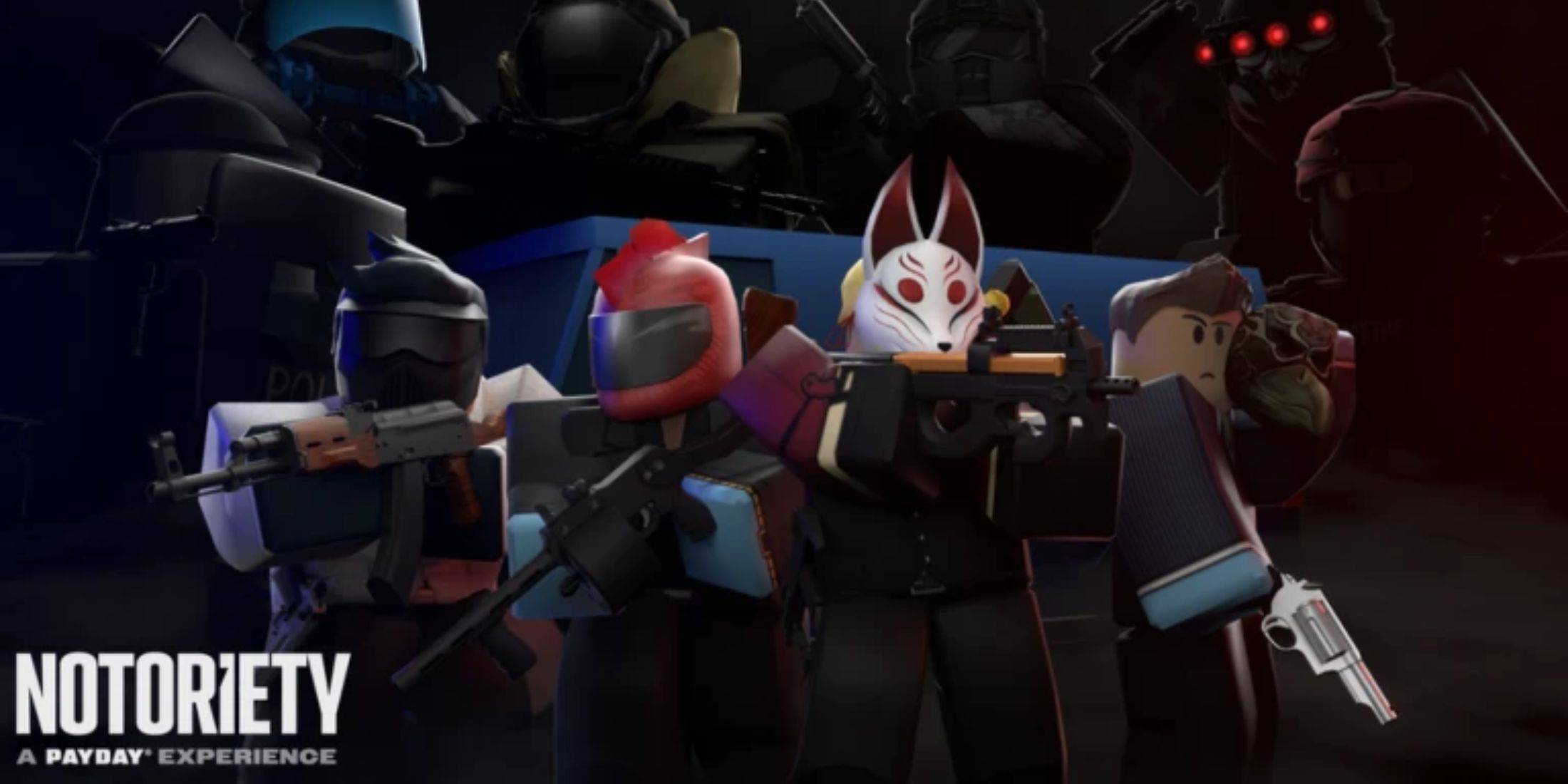"Assassin's Creed 2 and 3: The Pinnacle of Series Writing"
One of the most iconic moments in the Assassin’s Creed series unfolds early in Assassin’s Creed 3, where Haytham Kenway completes his mission to assemble a group presumed to be assassins in the New World. Haytham's use of a hidden blade, his charisma reminiscent of Ezio Auditore, and his heroic actions, such as freeing Native Americans and confronting British redcoats, initially deceive players into believing he is one of the good guys. The revelation comes when he utters the Templar mantra, "May the Father of Understanding guide us," exposing him as a Templar rather than an assassin.
This twist exemplifies the series' narrative potential at its peak. The original Assassin’s Creed introduced a novel concept of tracking and eliminating targets but lacked depth in character development. Assassin’s Creed 2 improved with the more engaging protagonist Ezio, yet the antagonists remained underdeveloped, as seen with Cesare Borgia in Assassin’s Creed: Brotherhood. It was not until Assassin’s Creed 3, set against the backdrop of the American Revolution, that Ubisoft invested equally in developing both the hunter and the hunted. This balance between gameplay and storytelling, which created a seamless narrative flow, has yet to be matched in subsequent titles.
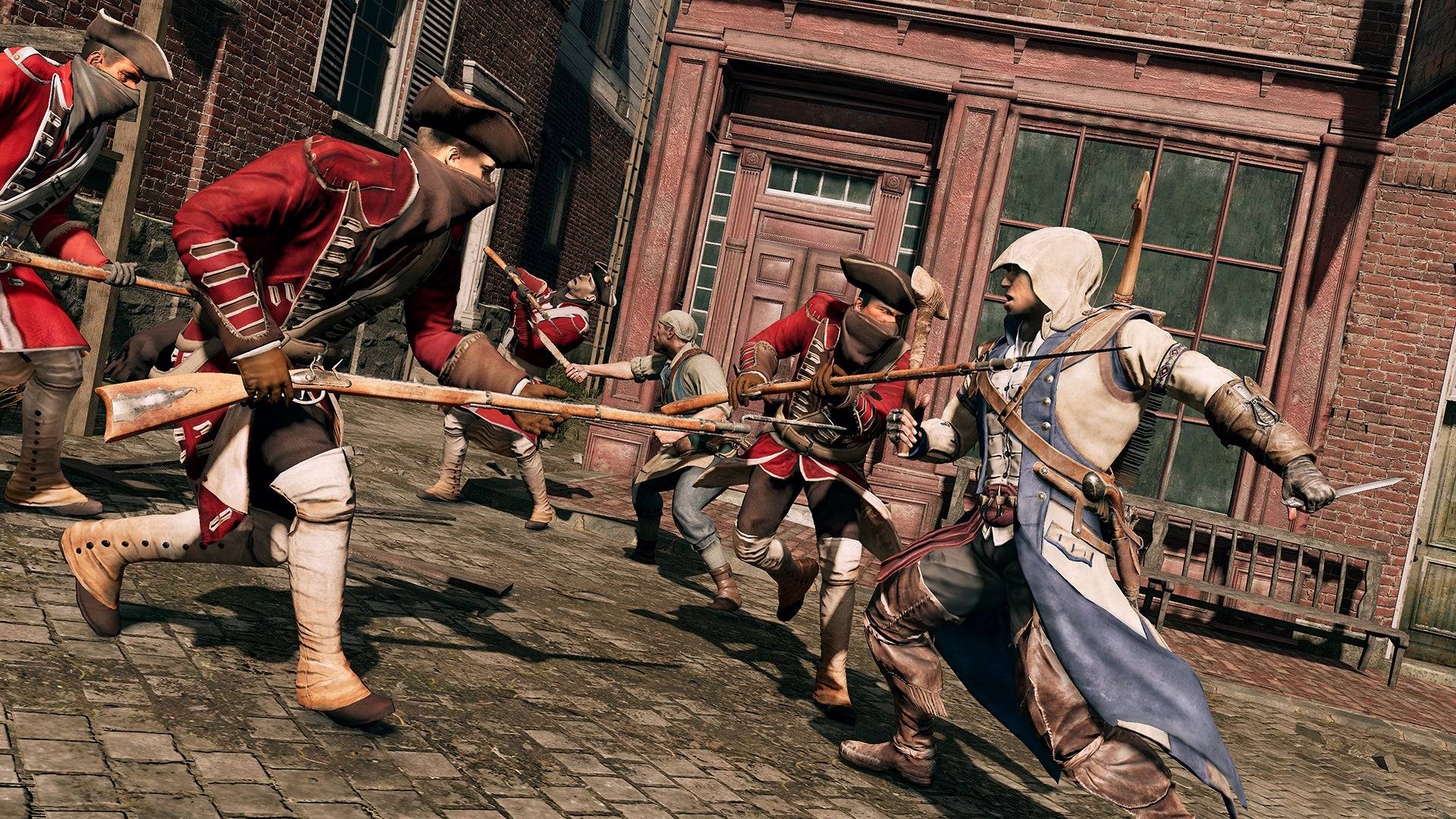
While the current RPG-focused era of Assassin’s Creed has garnered positive feedback, there's a consensus among fans and critics that the series has been on a downward trajectory. Theories abound regarding the cause, from the inclusion of fantastical elements like battling gods such as Anubis and Fenrir, to the introduction of diverse romance options and the controversial use of historical figures like Yasuke in Assassin’s Creed Shadows. However, I believe the decline stems from the series' shift away from character-driven narratives, which have become overshadowed by the expansive open-world elements.
Over time, Assassin’s Creed has evolved from its action-adventure roots to incorporate RPG mechanics like dialogue trees, XP-based leveling, loot boxes, and gear customization. Yet, as these games have grown larger, they've also felt increasingly hollow, not only due to repetitive side missions but also in their storytelling. While Assassin’s Creed Odyssey offers more content than its predecessor, Assassin’s Creed 2, much of it feels unpolished and less immersive. The dialogue and character interactions can feel scripted and lacking the depth seen in the more focused narratives of earlier titles.
The detailed scripts of the action-adventure era allowed for well-defined characters, a quality that has been diluted in the newer games where player choices can make the protagonist's personality seem inconsistent. This shift breaks immersion, as the interactions often feel more like conversations with generic AI rather than with complex historical figures. The earlier games, particularly those on Xbox 360/PS3, showcased some of the best writing in gaming, as evidenced by Ezio's passionate speeches and Haytham's poignant final words to his son, Connor:
"Don't think I have any intention of caressing your cheek and saying I was wrong. I will not weep and wonder what might have been. I'm sure you understand. Still, I'm proud of you in a way. You have shown great conviction. Strength. Courage. All noble qualities. I should have killed you long ago."
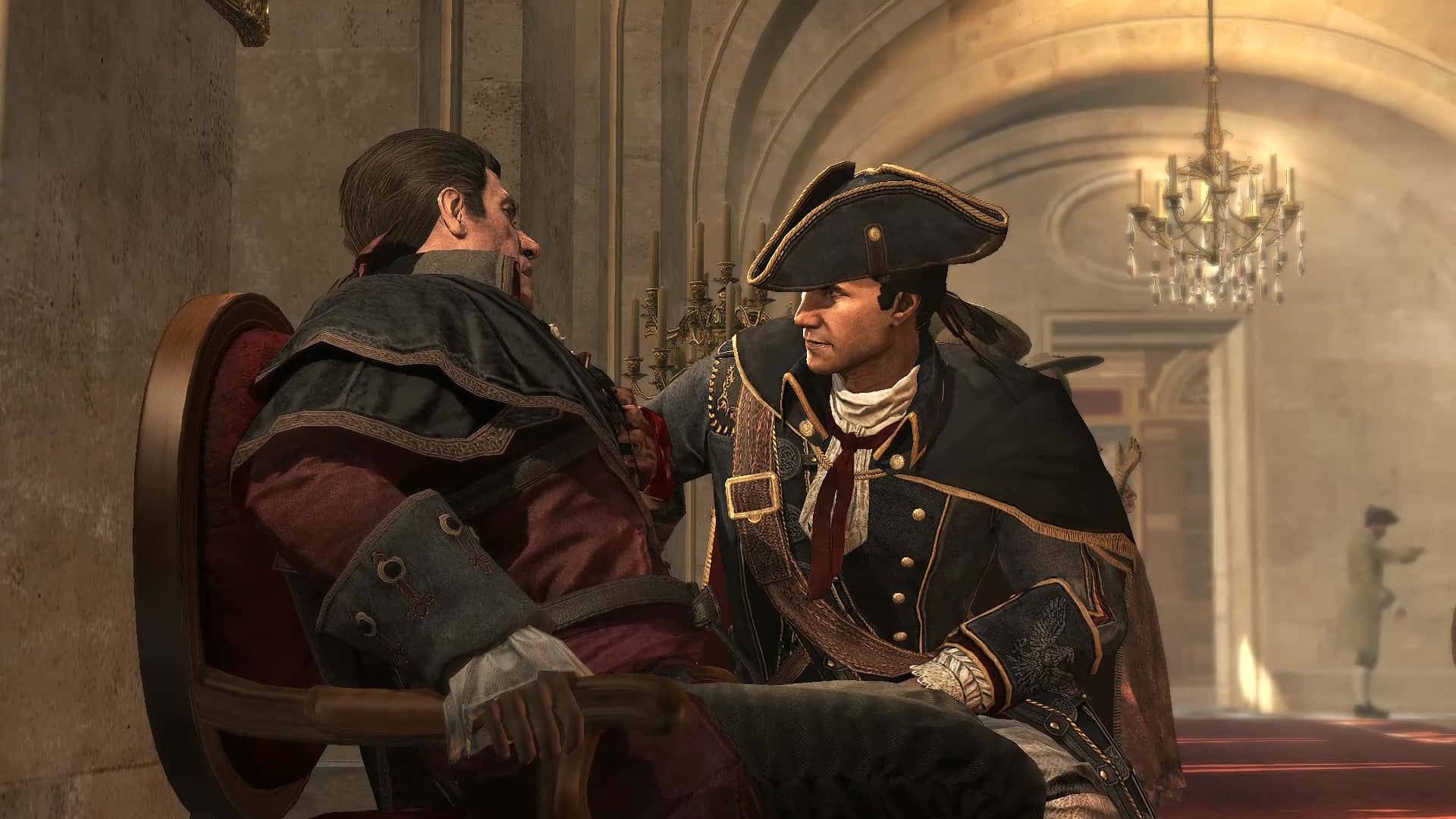
The narrative quality has also declined in other ways. Modern games often adhere to a simplistic good-versus-evil framework, contrasting with the nuanced portrayal of the Assassin-Templar conflict in earlier titles. In Assassin’s Creed 3, each defeated Templar challenges Connor's beliefs, prompting introspection about the morality of their actions. Haytham's attempt to undermine Connor's trust in George Washington adds further complexity, suggesting that the new American nation might be as tyrannical as the British monarchy it sought to overthrow. This revelation, that Washington, not Haytham’s ally Charles Lee, ordered the burning of Connor’s village, leaves players with more questions than answers, enriching the narrative.
Reflecting on the series, the enduring popularity of "Ezio’s Family" from the Assassin’s Creed 2 soundtrack underscores the impact of character-driven storytelling. The melancholic tones of the track resonated not just as a nod to the Renaissance setting, but as a reflection of Ezio's personal loss. While I appreciate the vast worlds and stunning graphics of the current Assassin’s Creed titles, I hope the franchise will eventually return to crafting the intimate, focused stories that initially captivated me. Unfortunately, in an industry increasingly favoring expansive sandboxes and live service models, such a return seems unlikely.
-
Best Budget 1080p Gaming GPU: NVIDIA RTX 5060 Ti 16GB ModelsFor gamers seeking an affordable Blackwell architecture GPU for 1080p gaming, the GeForce RTX 5060 Ti stands as the top choice currently available. We strongly recommend opting for the 16GBAuthor : Isaac Nov 16,2025
-
Earlier this year, Niantic, the developer of Pokémon Go, announced the sale of its mobile game portfolio to Scopely, the company behind Monopoly Go, in a $3.5 billion deal. This development was met with both enthusiasm and criticism from the game's dAuthor : Benjamin Nov 15,2025
- Black Ops 6 Zombies: How To Configure The Summoning Circle Rings on Citadelle Des Morts
- Harvest Moon: Lost Valley DLC and Preorder Details Revealed
- Roblox: Latest DOORS Codes Released!
- Silent Hill 2 Remake Coming to Xbox and Switch in 2025
- Roblox: Blox Fruits Codes (January 2025)
- Roblox: Freeze for UGC Codes (January 2025)












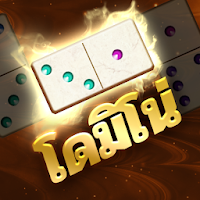

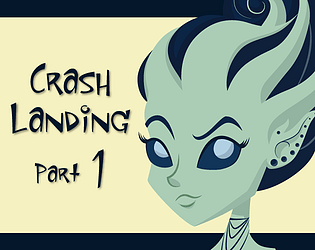



![Taffy Tales [v1.07.3a]](https://imgs.ehr99.com/uploads/32/1719554710667e529623764.jpg)




